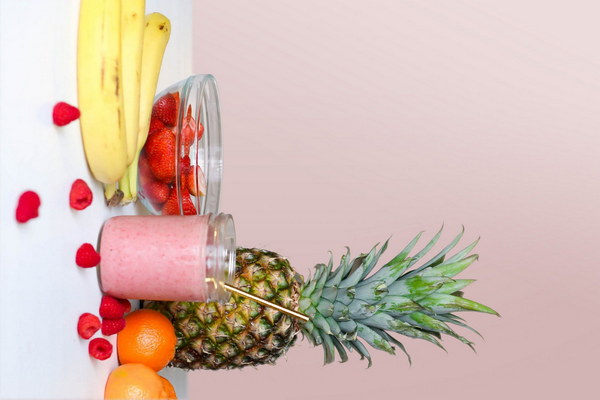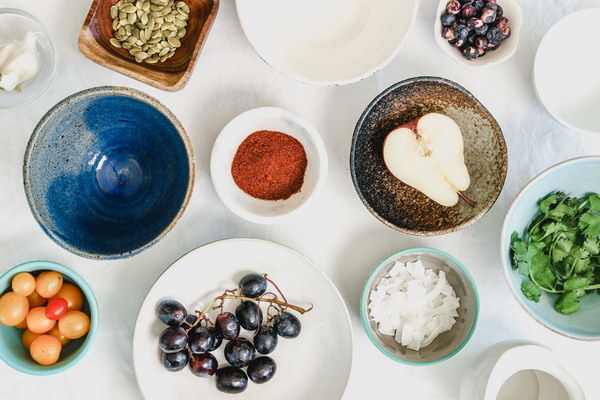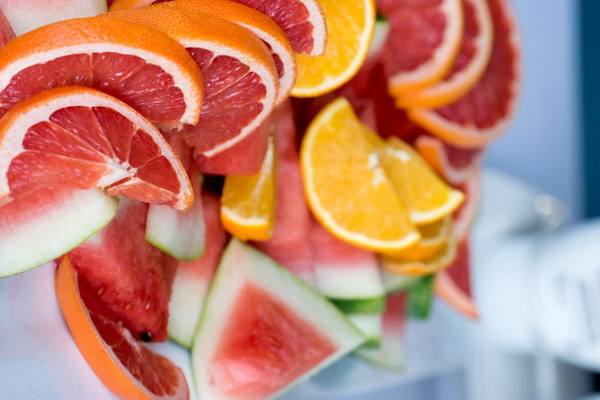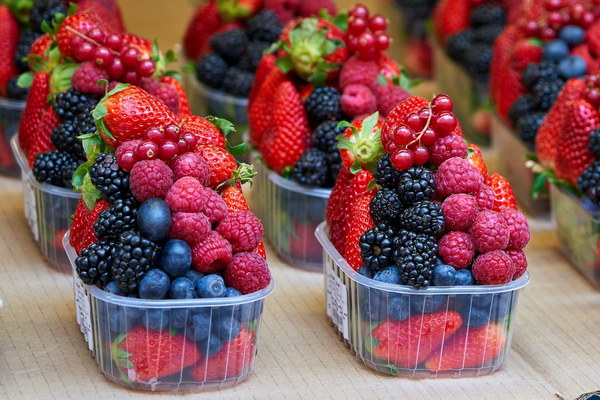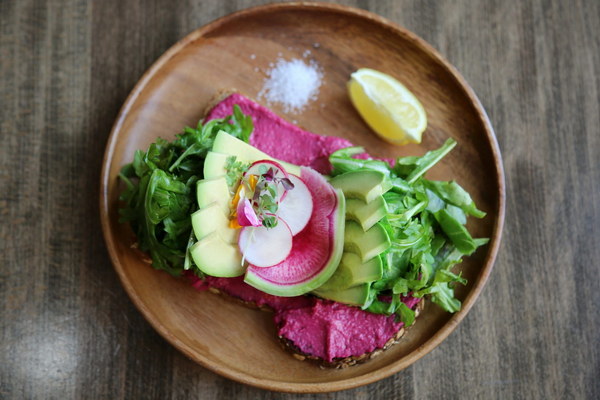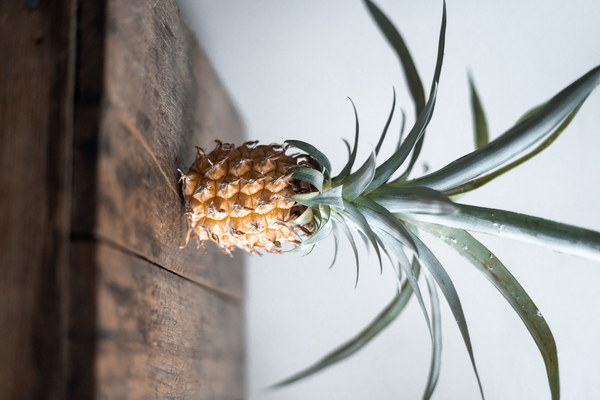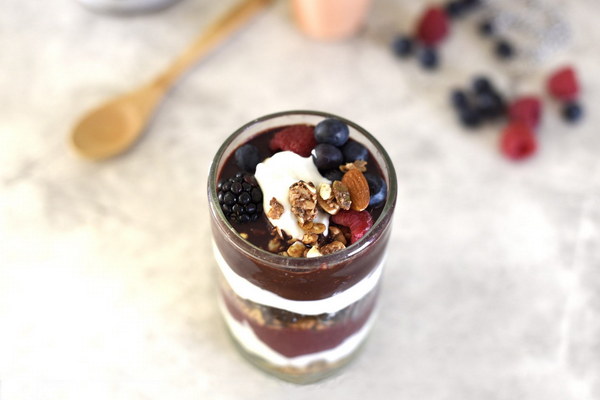The Art of Wellness Exploring the Wonders of the Chinese Herbal Cuisine Lexicon
In the realm of traditional Chinese medicine, the fusion of culinary art with therapeutic herbs has given rise to an array of medicinal delicacies known as Yao Shan or Herbal Cuisine. This culinary lexicon is a treasure trove of names that not only tantalize the taste buds but also promise health and vitality. Let us embark on a journey to explore some of the intriguing names from the Herbal Cuisine Lexicon.
1. Shou Sheng Yuan (Longevity Source Soup)
Imagine a soup that promises to be the fountain of youth. Shou Sheng Yuan is a classic example, brimming with ingredients like ginseng, goji berries, and codonopsis, all known for their longevity-enhancing properties. This savory broth is a comforting embrace for those seeking to bolster their immune system and revitalize their body.
2. Bai He Ren Tang (Lily Seed Tea)
The gentle aroma of lily seeds, combined with the cooling properties of osmanthus flowers, creates Bai He Ren Tang. This soothing herbal tea is perfect for those with heat-related issues like insomnia or irritability. Its sweet, floral taste makes it a favorite among those who seek a calming beverage after a long day.
3. He Huan San (Sorrow Relieving Powder)
![]()
Derived from the ancient herb huan xian, He Huan San is a herbal concoction that aims to soothe the mind and alleviate stress. It's often prescribed for those who suffer from anxiety or melancholy, as the herb's properties are believed to promote emotional balance and mental clarity.
4. Shen Qu Ji (Spiritual Nourishment Decoction)
A blend of traditional Chinese herbs, Shen Qu Ji is a herbal remedy that focuses on rejuvenating the spirit and enhancing mental well-being. This decoction is often consumed by individuals who seek to improve their concentration and memory, as well as those looking to combat fatigue.
5. Gui Pi Tang (Cinnamon Bark Decoction)
Named after its star ingredient, cinnamon bark, Gui Pi Tang is a warming herbal brew that is believed to strengthen the spleen and stomach, as well as improve circulation. It is a go-to for those with digestive issues, fatigue, or weakness, offering a comforting embrace that can help restore balance to the body.
6. He Shou Wu Tang (Fleece Flower Decoction)
With its namesake being the he shou wu herb, He Shou Wu Tang is a renowned herbal formula that aims to nourish the blood and invigorate the kidneys. This decoction is often recommended for those with anemia, hair loss, or kidney-related conditions, as it is believed to stimulate hair growth and improve overall vitality.
7. Dong Chong Xia Cao (Cordyceps Sinensis)
While not a traditional decoction, Dong Chong Xia Cao is a highly valued herb in Chinese medicine, often used in its dried form. It is believed to boost the immune system, enhance athletic performance, and increase fertility. The name itself is derived from the mythical caterpillar grass, which is said to grow on the back of the snow caterpillar.
Conclusion
The Herbal Cuisine Lexicon is a testament to the rich tapestry of traditional Chinese medicine, where each name is a story of ancient wisdom and healing. From soups that promise longevity to teas that soothe the mind, these names are not just a list of ingredients but a guide to the intricate art of balancing the body's energies. By exploring these names and their associated herbal remedies, one can gain a deeper appreciation for the profound connection between food and medicine in the realm of Chinese culinary tradition.
